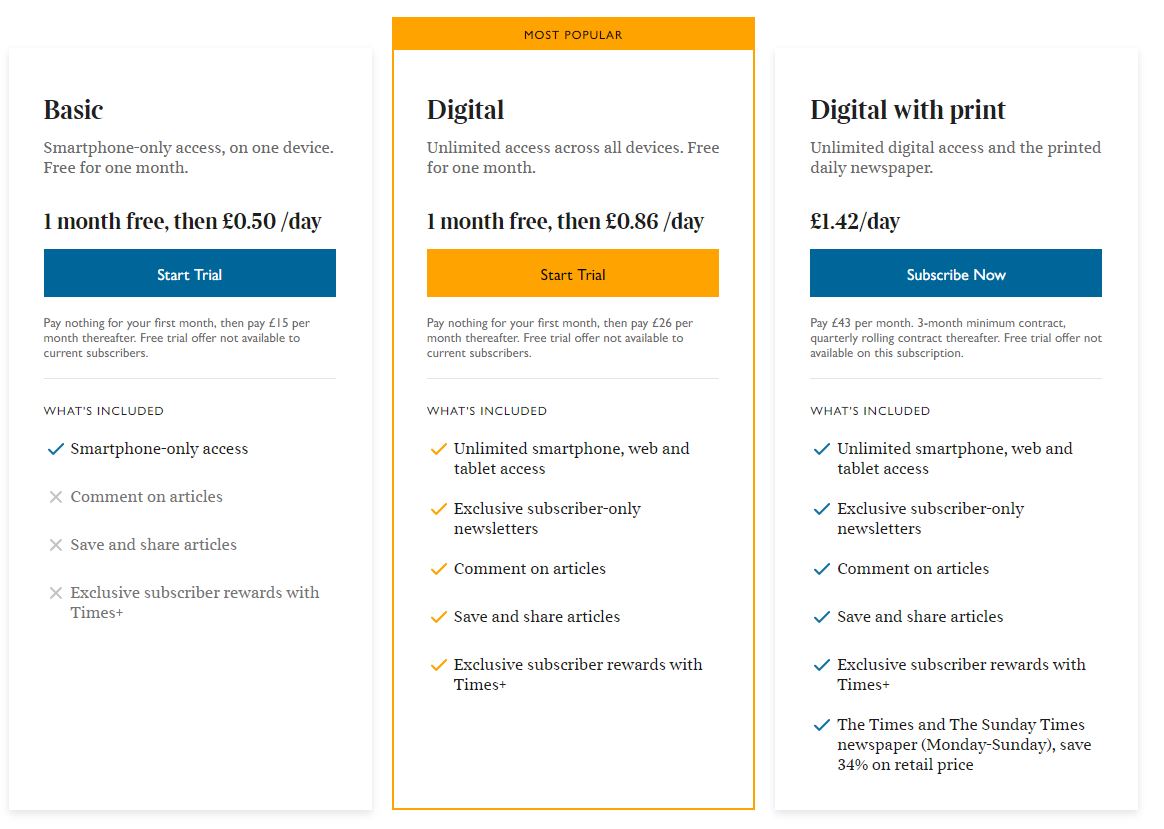Can you imagine walking into a restaurant and the waiter arrives to show you the menu. However, before handing it over, they ask you to approve of them sharing what you are wearing; who you are with, what you are eating, how you are paying, if you are polite, and what they overhear you talking about with thirty other businesses?
This is what websites and apps have been asking of us for years.
Change and challenge is coming through both legislative and commercial developments. Updates to iOS 14.5 and core changes to Chrome’s accommodation of third-party cookies; these developments are the first sign of two fundamental fractures in the digital space. And though the changes are needed – and are a start – some suggest that they do not go far enough.
They will have significant impacts on the wider economic, social, and educational markets:
Fracture number 1: Big tech warning shots
These ‘initiatives’ are the first signs that ‘Big tech’ has started to take serious warning shots at one another. They have individually started to:
- attempt to inhabit the ‘higher’ moral ground (seen through the ubiquity of data and privacy ads)
- take away data and custom from each other (ad blockers and app data restrictions)
- move into each other’s space
This could lead to increased competition and availability of services to all. I fear that it will bring increased exclusivity.
Fracture number 2: Two-tier internet
Exclusivity could lead to the faster creation of a ‘two-tier’ internet; the haves and have nots, where the ability to pay for access to a certain ‘level’ of service creates an increasingly fractured society. One tier will part with their personal data (‘third-party’ data) to consume news and information from social media. A second tier will part with their cash and some additional information (‘first-party’ data) to access news and information from content providers such as The Times and Wired.
A website with no cookies
Without cookies, digital environments take on a completely different shape. Considered, professional and effective design will come to the fore. We will see (user) interfaces being reborn; their design led by humans rather than arbitrary data points, that force users down predefined paths.
Will cookies be completely removed? The difficulty is the tension between idealistic principles and commercial reality. Once certain brands say, ‘we don’t need to use cookies to track your data’, then others will follow.
Small and medium businesses are at risk of relying too much on crude digital marketing techniques and tools, to the expense of good old fashioned customer service. If they shift their focus back to simple and straightforward customer service, they’ll be OK.
I’ve recently moved house and have been purchasing a bunch of services to renovate it. Only one of these companies has delivered a straightforward, satisfying experience: they sell blinds. I went to the website, I ordered blinds, they delivered them – simple. They did not need to send me a customer satisfaction survey to know that I was satisfied. And now, I’m talking to my friends about them.
Considered behaviours
Environments that allow for reflection and considered behaviours including purchasing, commenting, and viewing, won’t be for everyone. For some linear transactional sites and apps (such as booking a train ticket), both the provider and user will want to get in and out as quickly as possible and there is no problem with that.
The challenge for website owners will be weaning itself off pre-described methods, designs and flows of user interfaces, design and let’s be honest, a certain level of trickery.
I’ve seen too many examples where poor service and ignorance of the customer has been hidden under ‘effective’ digital marketing strategies and approaches.
A website with no cookies is an opportunity for brands to have a real understanding of their purpose and a focus on their customers.
Their technology, marketing and quality products and services will enable them to stand tall over competitors. Just the way it should be.
Evolution or revolution?
This is a renaissance – an enlightenment if you like. It’s the collective realisation, inspired by a few brave souls, that the tools of the artist could be used differently. It will awaken people and make the relationship between human and tech more symbiotic.
From this will stem a whole new branch of digital opportunity and growth.
I see signs that the digital space is raising up a new generation of leaders, developers, creatives and thinkers who have new ideas to create revenue, or value, and equity. Awareness of the perils are challenging people to create a fairer digital space – that’s real wisdom in action.
My invitation? Stop and think. We don’t do enough thinking. Thinking costs time, time is money and impacts deadlines. It is inevitable that the way data is gathered online is going to change. Cookies are first, but there will be more. Stopping to think and pave a new way forwards will pay dividends in the future.


